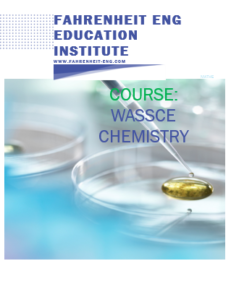This course in Chemistry is geared towards students aspiring for careers in
1. Pharmaceuticals and Medicine
- Pharmacist: Prepares and dispenses medications, advises patients on drug use.
- Medicinal Chemist: Designs and develops new pharmaceutical drugs.
- Toxicologist: Studies the effects of chemicals on humans, animals, and the environment, often in medical or pharmaceutical settings.
2. Research and Development
- Research Scientist: Conducts experiments to explore new scientific knowledge or develop new products.
- Materials Scientist: Studies and develops new materials for various industries like electronics, automotive, and textiles.
- Analytical Chemist: Analyzes substances to determine their composition, often for quality control or forensic investigations.
3. Chemical Engineering
- Chemical Engineer: Applies chemistry principles to develop processes for large-scale production of chemicals, materials, and fuels.
- Process Engineer: Optimizes and designs manufacturing processes in industries such as petrochemicals, pharmaceuticals, and food production.
4. Environmental Science
- Environmental Chemist: Studies how chemicals affect the environment and develops methods to reduce pollution and clean contaminated sites.
- Water Quality Analyst: Monitors and analyzes water quality to ensure safety for human consumption and environmental protection.
- Sustainability Specialist: Works with companies and governments to reduce their environmental impact through chemistry-based solutions.
5. Education
- High School Chemistry Teacher: Teaches chemistry to students, preparing lesson plans, conducting experiments, and assessing students.
- College Professor or Lecturer: Teaches and conducts research at the college or university level in chemistry.
- Science Communicator: Works to make chemistry accessible and understandable to the public through writing, videos, or public speaking.
6. Forensics
- Forensic Scientist: Analyzes physical evidence from crime scenes, including chemicals, blood samples, and drugs.
- Crime Lab Analyst: Works in law enforcement to process and test materials collected during criminal investigations.
7. Food and Agriculture
- Food Chemist: Works in the food industry to ensure the safety, quality, and nutritional content of food products.
- Agricultural Chemist: Develops fertilizers, pesticides, and other chemicals to improve crop yield and protect plants from diseases.
8. Cosmetics and Consumer Products
- Cosmetic Chemist: Develops and tests skincare, makeup, and other cosmetic products.
- Product Development Scientist: Works on the formulation and production of consumer goods like detergents, soaps, and household chemicals.
9. Oil, Gas, and Energy
- Petroleum Chemist: Involved in extracting and refining oil and natural gas.
- Energy Scientist: Works on developing and improving energy sources, including renewable energy, biofuels, and batteries.
10. Quality Control and Regulation
- Quality Control Chemist: Ensures that products meet safety and quality standards in industries such as food, pharmaceuticals, and chemicals.
- Regulatory Affairs Specialist: Ensures that products comply with government regulations related to safety, efficacy, and environmental impact.
11. Biotechnology
- Biochemist: Studies the chemical processes within living organisms, often working in biotechnology and pharmaceuticals to develop drugs and therapies.
- Biotechnology Researcher: Works on genetic engineering, pharmaceuticals, or agricultural products.
12. Patent Law
- Patent Examiner/Attorney: Specializes in chemistry-related patents, protecting intellectual property rights in chemical innovations and inventions.
13. Entrepreneurship
- Chemical Business Owner: Establish a company producing chemical products, pharmaceuticals, cosmetics, or industrial materials.
- Consultant: Provides expert advice to industries on chemical processes, product development, or regulatory compliance.
14. Nuclear Chemistry
- Nuclear Chemist: Works in the nuclear power industry or government labs, dealing with radioactive materials and nuclear energy.
15. Health and Safety
- Occupational Health and Safety Specialist: Ensures safe working conditions in labs, factories, and other settings that deal with chemicals.
- Industrial Hygienist: Works to protect workers and the environment from harmful chemical exposure.
Skills Gained from Studying Chemistry:
- Analytical thinking and problem-solving.
- Laboratory techniques and experimental design.
- Data analysis and interpretation.
- Communication of complex ideas.
,



Reviews
There are no reviews yet.